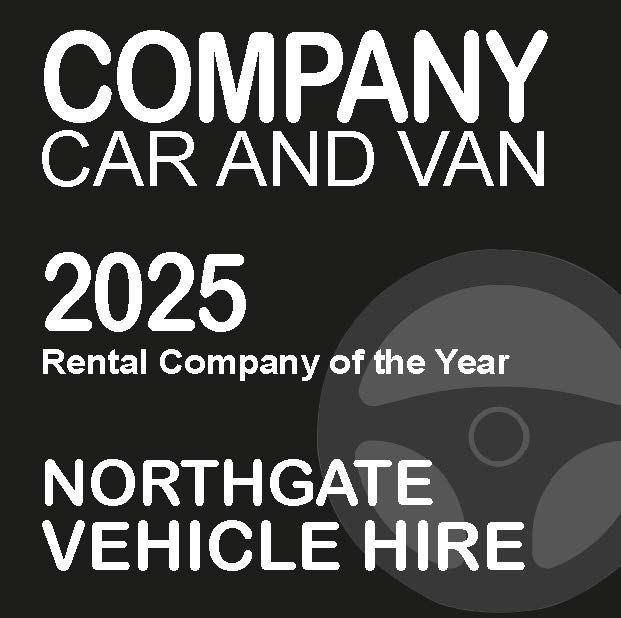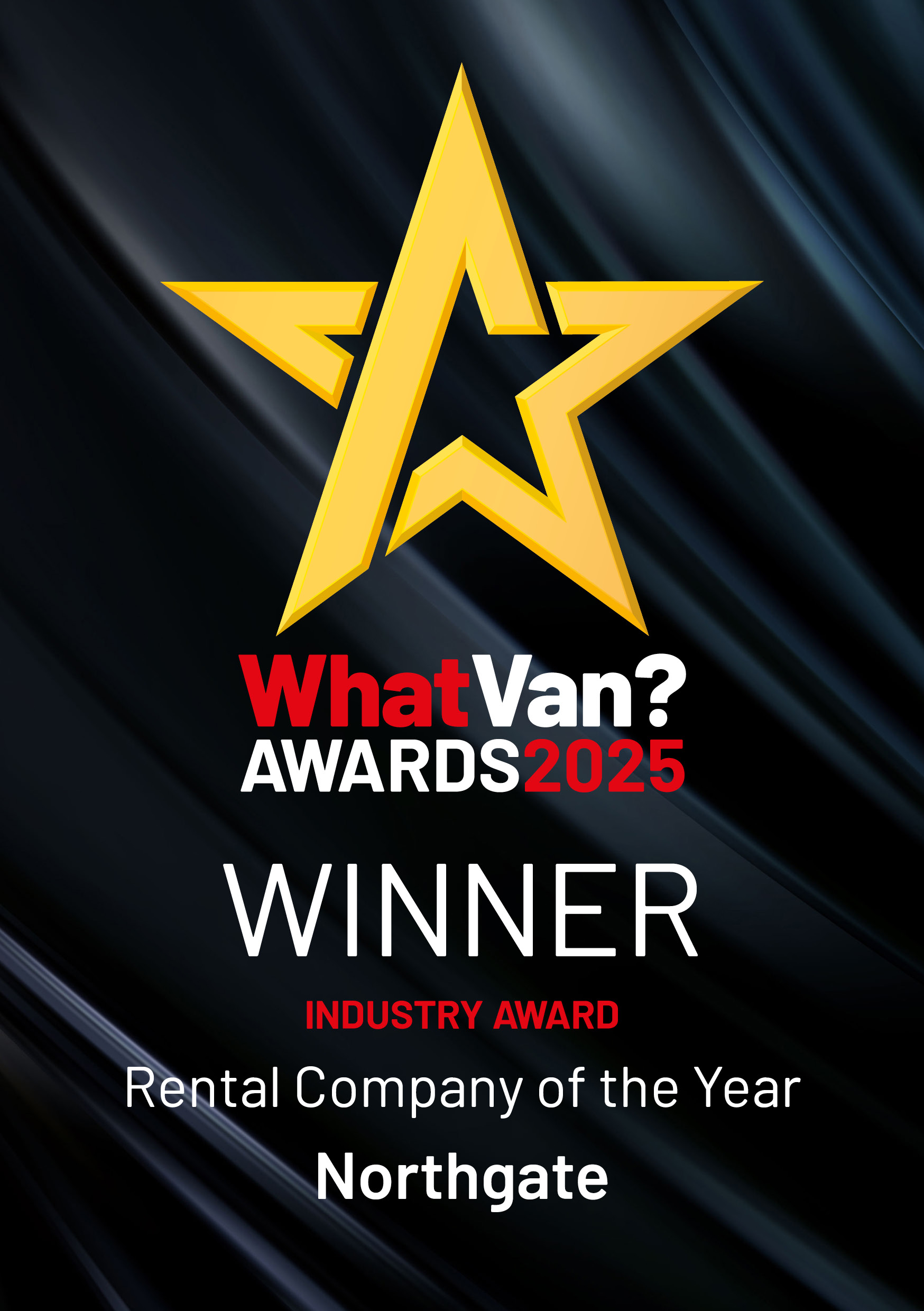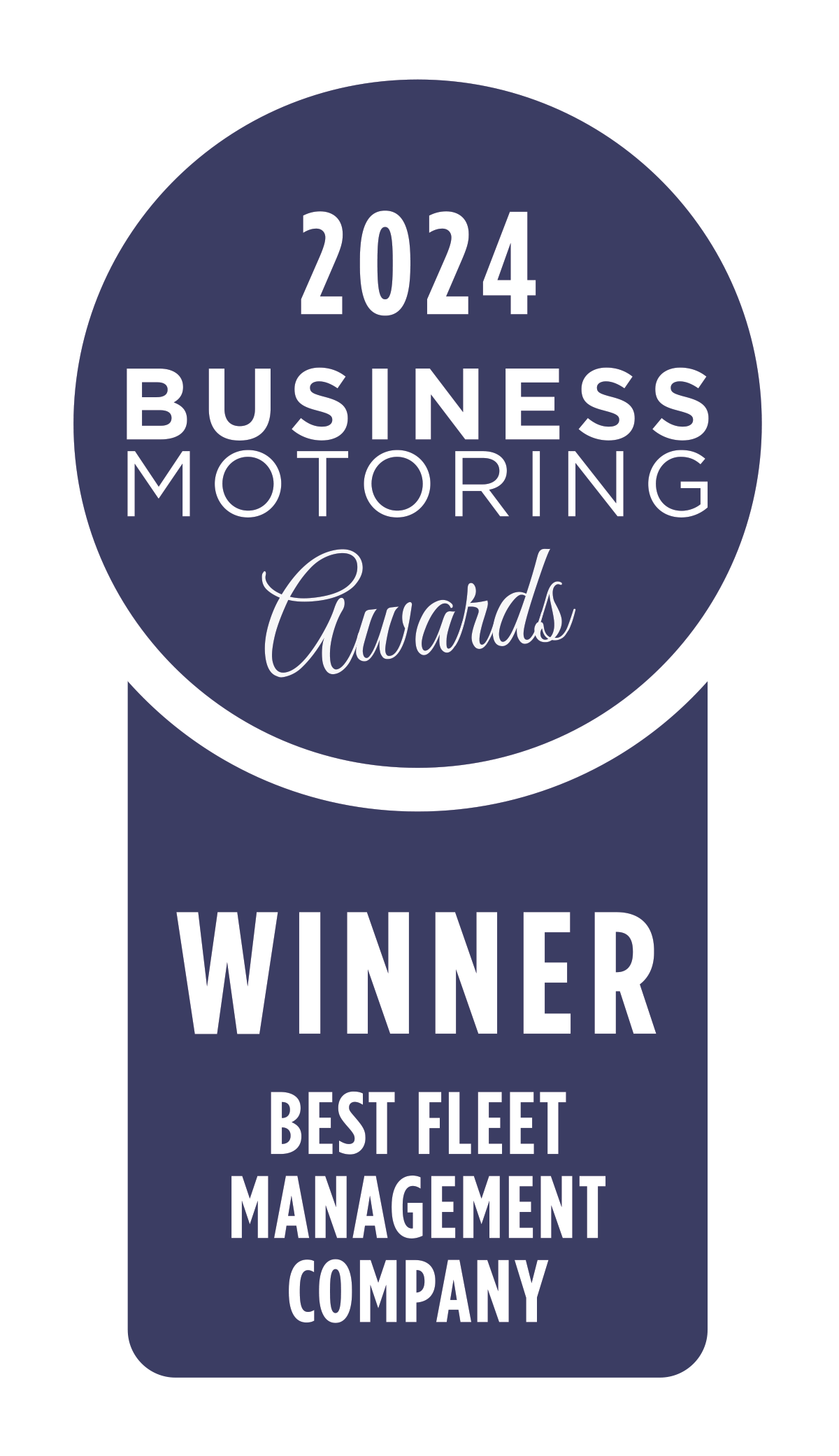The surprising costs of maintaining a business van
Here’s the costs involved in running a business van from day-to-day maintenance to admin and strategy. Avoid surprise costs and find the most cost-effective vehicle acquisition method for your business.
![]() 21/04/2021
21/04/2021![]() 10 minutes read
10 minutes read
From running costs to repairs and replacements parts, the costs of maintenance can add up. For businesses, ensuring the smooth operation of your vehicles and fleet can become both time and cost intensive. Let’s take a look at each aspect of running a van, so you can get a realistic picture of costs and avoid any surprises.
Insurance
Insuring a vehicle is a legal requirement in the UK. Choosing the right insurance policy for business use can ensure you are sufficiently protected and help you avoid overpaying for any extra cover that is not needed. Older vans will typically be subject to higher premiums, and so it can be worth checking the cost to insure a second-hand van before you purchase one, in case any savings are offset by the insurance costs.
Van security
Vehicle theft is a potential risk. Thieves will target vans left unattended or those they suspect to contain expensive goods or tools. Insurance policies may also make certain van security measures a requirement. How secure you make your van and the policies you put in place for drivers to do their part will vary on the type of work you do, the areas you operate in, and the value of any cargo you are transporting.
Fuel
One of the easier costs to account for. Payload weight, driving distances, vehicle size, engine size, fuel efficiency, and driver behaviour can all increase the rate you need to refuel. Fuel prices also rise – this is a fact of life. The hidden costs here are in those missed opportunities to be more efficient.
Using telematics data to optimise driver allocation and your routes can reduce fuel consumption, as well as providing the usual benefit of improved operating efficiency and the potential savings that come with this. Fuel cards can also offer savings when refuelling or help save you time spent on admin when it comes to processing invoices.
Nowadays, fuel type is another big factor to consider. Do you go diesel, hybrid or fully electric? The costs of refuelling with electric are much lower than diesel or petrol, but electric vehicles are not always a suitable alternative to diesels for business use.
Servicing
The next most obvious cost. Every vehicle requires servicing. Some vehicles will be rated for longer durations between servicing. Regardless of service intervals, every vehicle will have a maintenance programme. Choosing a high-quality van from a trusted vehicle supplier can save you time and money later down the line.
Tyres
When it comes to tyre replacements, there’s two ways it can go - you can either make savings or end up paying over the odds. You might cut corners with running a lower tread depth (so long as you are above the legal minimum of 1.6mm), but this is not recommended as the tyre becomes less effective at traction. We replace the tyres on our vehicles at 3mm to be on the safe side.
Opting for cheaper no name tyres or ordering tyres online and getting them fitted is also a cost-saving option. The trade-off tends to be on availability and turnaround times, meaning they are better options if you have the time to spare. If you are burning rubber over longer distances, you’ll need to replace your tyres more frequently and using a well-rated tyre will be more important.
To account for all tyre costs, we also need to mention the possibility of tyre punctures and any subsequent need for roadside assistance.
Accident management and breakdown cover
Vehicle incidents such as theft, vandalism or breakdowns can be a source of headaches. Not only can it disrupt your business, but the resulting time also spent on admin, rescheduling work, and chasing repairs can come at a significant cost. If you have contractual obligations or SLAs, you may also be hit by fines if vehicles are off the road.
Vehicle downtime
The costs of vehicle downtime can add up. Our vanonomics research team found that on average:
- A van off the road costs £800 per day.
- Downtime typically lasts 4 days.
- The total cost for any downtime is £3,200.
When you hire a van, the costs of getting you back on the road are already factored in. This can make the costs of downtime far more predictable than they would be otherwise. Not to mention the efficient process for getting you back on the road that will be in place.
Repairs and replacement parts
If you are regularly servicing and maintaining your van, you can help reduce the chances of expensive problems developing. New vehicles or some used vehicles will carry a warranty, but the availability of parts can be a cause for delays and the location of the workshop may not always be convenient. There is also the issue of spotting potential problems before they develop into more expensive repairs. Regular vehicle inspections can help you find problems early and meet your vehicle compliance obligations.
> Find out how the Northgate vehicle inspection app makes inspections easy
Benefit-in-Kind Tax
Vans solely used for businesses purposes will face no BIK tax. Vehicles used for private journeys can be taxable. Trips like picking up coffee or a newspaper on the way to work will usually be seen as exempt. You should check the government website for clear guidelines on what you need to report and pay.
Road tax or Road Fund Licence
Formally known as Vehicle Excise Duty (VED), road tax is a big annual cost. In 2021, vans will usually come under light good vehicles and be subject to a £275 charge or more, but this cost can go up slightly if you pay by direct debit or pay in instalments of 6 months.
Congestion and air pollution charges
Depending on your routes, your vehicle may be subject to charges for entering zones with air quality or traffic prevention measures. London’s ULEZ and the roll out of CAZs across the country are introducing daily charges for vehicles that don’t meet their set emissions standards.
Older vans tend to cost more to run. Just look at the MOT test results between 2018 to 2019…the initial failure rate for commercial goods vehicles was a whopping 42%.
There’s also the fact that the appearance of a van will contribute to how your business is perceived. Old and tired vans will not impress customers or drivers as much as a van that is in pristine condition.
Depreciation
The moment a new vehicle leaves the forecourt, it loses value. Newer vehicles tend to depreciate at a faster rate than older ones. Depending on how you will use a vehicle and your disposal plan, you may find there’s little cost-benefit to keeping hold of a new vehicle and running it into the ground.
Unless you are able to regularly change your vans for new ones or you are a light user of a second-hand vehicle, being treated to regular refreshes via vehicle hire might suit your business better.
How can Northgate help?
If you buy or lease your vans, servicing and maintenance most likely won’t be included. When managing a fleet of several vehicles this task can become time-intensive and costly - this is where Northgate's comprehensive fleet solutions can help.
When you hire a van from our extensive vehicle range, you get servicing and maintenance, road tax, tyres, replacement vehicles and 24/7 breakdown cover at no extra cost. Through our network of UK-wide locations, our Northgate workshops make it easy to book in servicing and avoid unnecessary vehicle downtime.
We offer reliable vehicles on flexible and long hire terms that are ideal for growing businesses or those looking to deliver an exceptional service to their customers.








